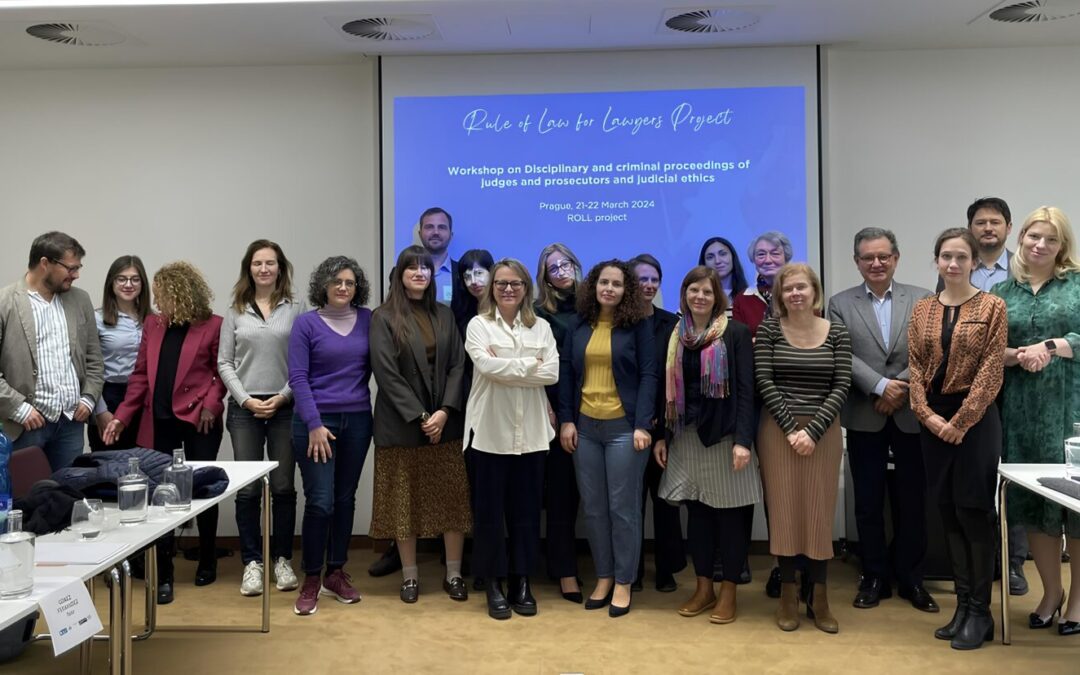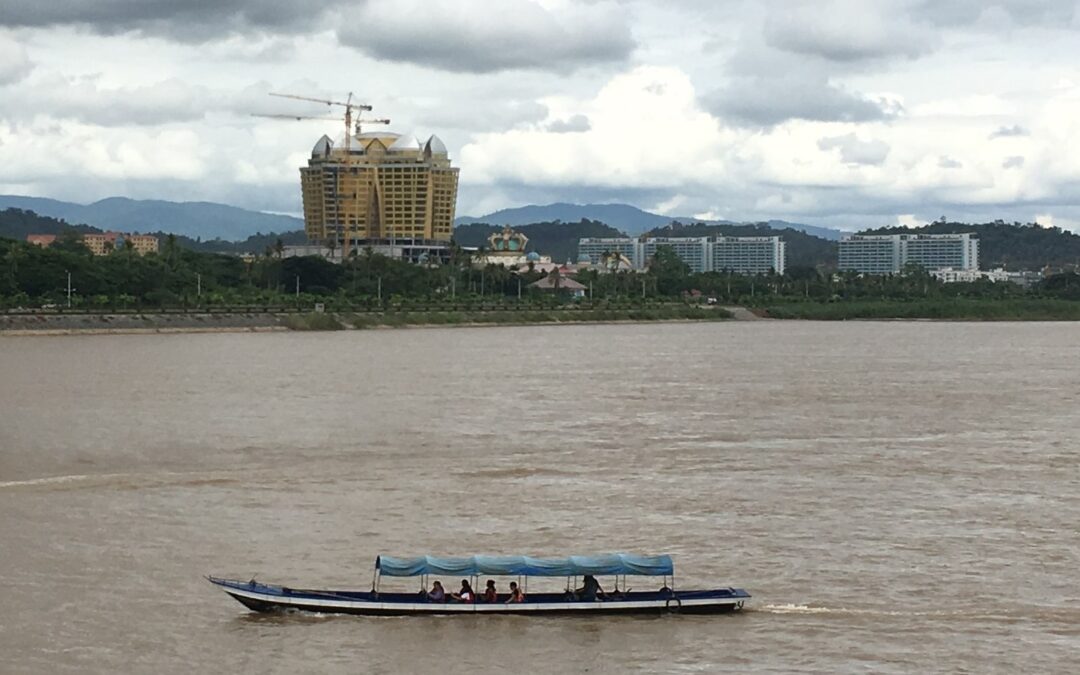
Mar 27, 2024 | Advocacy, News
The International Commission of Jurists (ICJ) condemns the intimidation and threats directed at lawyers appointed to defend individuals accused of the violent terrorist attack on Crocus City Hall on 22 March.

Mar 27, 2024 | Advocacy, Joint Statement, News
The ICJ, together with 37 key civil society, human rights, journalist and media support organizations, published a joint public statement on the 2024 Rule of Law Report.
Mar 25, 2024 | Advocacy, Human Rights Council, News, Work with the UN
At the 55th Session of the UN Human Rights Council, the International Commission of Jurists (ICJ) addressed dire human rights situations requiring the Council’s attention, calling for increased resources for the Commission of Inquiry on the Occupied Palestinian...

Mar 22, 2024 | Advocacy, Agendas, Events, News, Video clips
On 21-22 March 2024, the International Commission of Jurists (ICJ), together with Forum for Human Rights, Human Rights in Practice, aditus and Free Courts, held a workshop on tackling attacks on judicial independence and the autonomy of the prosecution through disciplinary and criminal proceedings, in Prague.

Mar 20, 2024 | Events, News, Web Stories
On 20 March 2024, the International Commission of Jurists (ICJ), together with Chulalongkorn University’s Center for Social Development Studies (CSDS), EarthRights International, Extra-Territorial Obligation Watch Coalition (ETO Watch Coalition) and the Mekong...
Mar 14, 2024 | Communiqués de presse, Comunicados de prensa, Press Releases, Reports
Pre-selection process for high judicial authorities and judicial independence March 14, 2024 The International Commission of Jurists (ICJ), the Latin American Federation of Magistrates (FLAM) and the Due Process of Law Foundation (DPLF) led a Fact-Finding...








